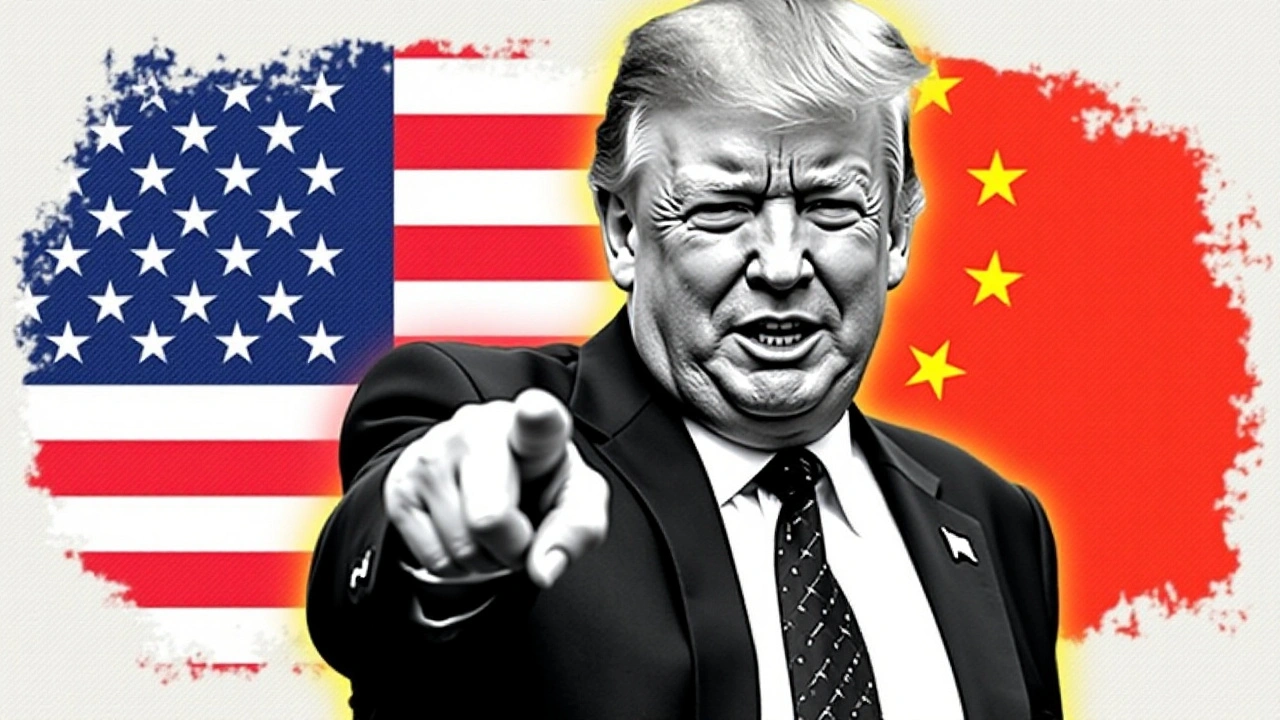- Wesley Bell Defeats Cori Bush: Impact on Missouri's 1st District and Beyond Aug 8, 2024
- Dortmund Stuns Copenhagen 4-2 on Matchday 3 of 2025-26 Champions League Oct 22, 2025
- UAE Visa Requirements for Nigerians: $10,000 Bank Balance and N640,000 Fee Among Conditions Jul 16, 2024
- Young Brazilian Prodigy Endrick Pledges Future to Real Madrid Jul 8, 2024
- England Women Edge Bangladesh in Thrilling ICC World Cup Clash at Guwahati Oct 8, 2025
Currency news and how it affects you
The naira recently plunged past N1,500 to the dollar, widening the gap with black market rates and sending shocks through businesses and wallets. That shift—covered in our story “Naira Plummets Past N1,500”—is exactly why this tag matters: it brings you currency moves, what they mean, and what to do next.
Currency swings change prices, jobs, and travel plans fast. When exchange rates move, imported goods cost more, savings lose value, and salaries don’t stretch as far. Knowing the headlines helps you act early—whether you’re saving, sending money, or planning a trip abroad.
What recent headlines mean for you
First, the naira story shows a growing gap between official and parallel markets. Official rates may be one figure while black market rates are higher. That gap matters if you import goods, run a small business, or need cash in hand. Always check both rates before making big moves.
Second, policy and wage changes feed into currency trends. For example, the NYSC increase to N77,000 a month changes spending power for many young Nigerians and can affect demand for goods and services. Small policy shifts build up and influence currency pressure over time.
Third, currency news also affects borrowing and interest. When a currency weakens, central banks often raise rates to control inflation. That means loans and mortgages can get pricier. If you have debt, watch rate announcements and consider fixing terms early.
Practical steps to protect your money
Start by following trusted sources. Check central bank releases, African EduNews Tree’s currency tag, and reputable FX platforms for real-time rates. Don’t rely on social media rumour alone.
If you need to exchange money, compare official bank rates, licensed bureaux, and digital remittance services. Small differences add up—shop around for the best rate and lowest fees.
Consider keeping a portion of savings in a stable foreign currency or hard asset if you expect ongoing depreciation. If that’s not possible, move funds to higher-interest local accounts to offset inflation erosion.
Use simple hedging if you run a business that imports goods. Forward contracts, bulk purchases at fixed prices, or splitting payments over time can limit surprise costs when exchange rates jump.
Plan for daily life too. When rates rise, pricier imports mean you can save by switching brands, buying local, or delaying non-essential purchases. Track prices weekly so you notice trends early.
Protect yourself from scams. Fraud spikes when money moves fast. Only use licensed providers, read reviews, and confirm bank details before transfers. If a deal looks too good, it probably is.
Tools that help: FX apps that show both official and parallel rates, central bank alerts, and trusted local business groups. These give a quick read on where the market is heading and practical steps to take.
Want updates? Follow the currency tag on African EduNews Tree for quick coverage, clear explainers, and practical tips. Read our full report on the naira and related stories to stay one step ahead.
We regularly update exchange-rate analysis, interviews with economists, and step-by-step guides — check the Naira story and our NYSC coverage for context and next actions now.
Future of BRICS Currency: Exploring Alternatives in Global Finance
- Katlego Sean Mahaye
- Dec 7, 2024
Finance Minister Enoch Godongwana recently confirmed that no discussions about the creation of a new currency among the BRICS nations have taken place. While there is much interest in moving away from the U.S. dollar, tangible plans to develop an alternative financial system or currency remain distant. The New Development Bank's priority currently lies in expanding its membership and focusing on climate-project lending.
